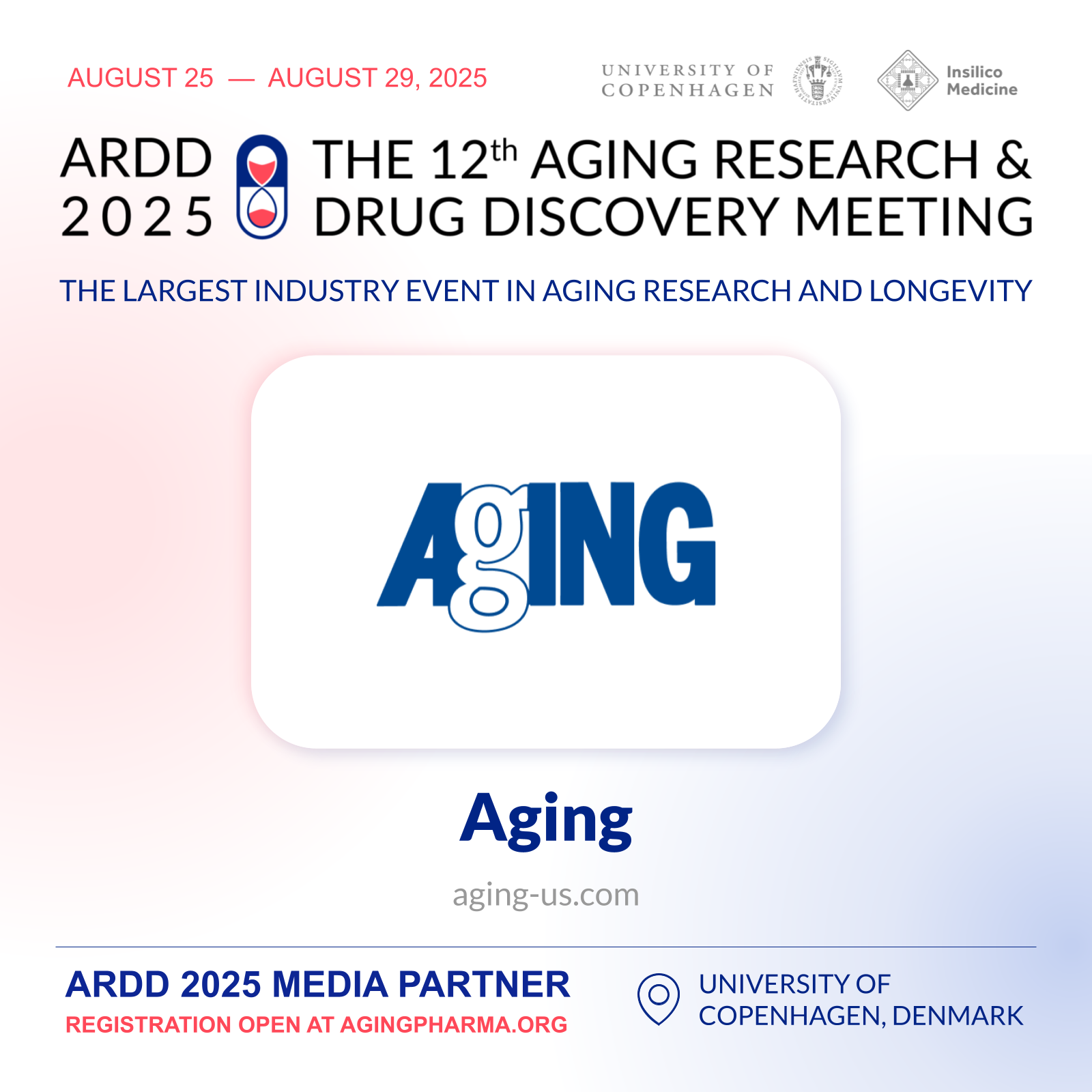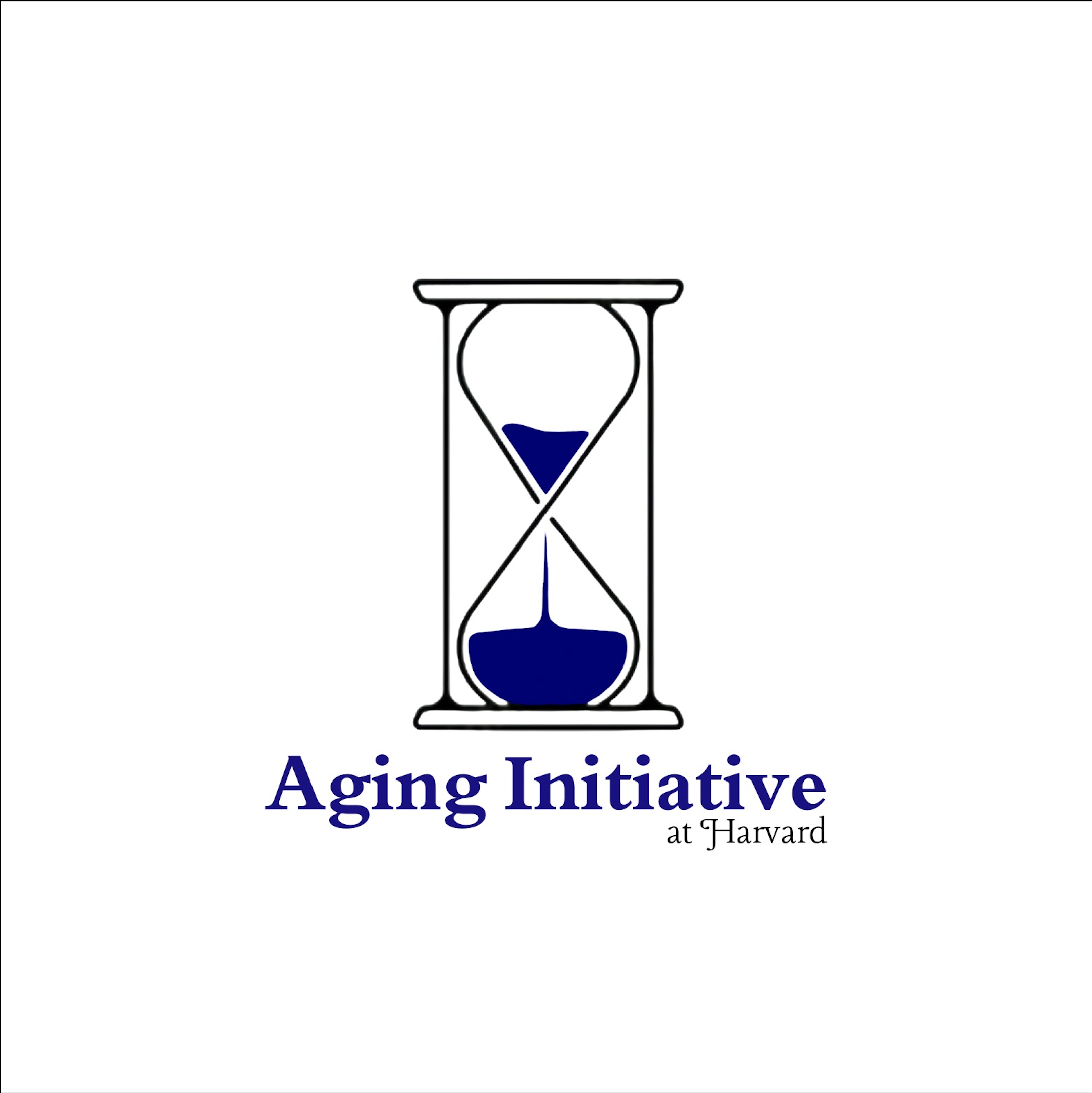Research Paper Volume 15, Issue 13 pp 6503—6525
Galectin-1-mediated MET/AXL signaling enhances sorafenib resistance in hepatocellular carcinoma by escaping ferroptosis
- 1 Graduate Institute of Medical Sciences, College of Medicine, Taipei Medical University, Taipei 11031, Taiwan
- 2 Division of General Surgery, Department of Surgery, Shuang Ho Hospital, Taipei Medical University, New Taipei City 23561, Taiwan
- 3 TMU Research Center of Cancer Translational Medicine, Taipei Medical University, Taipei 11031, Taiwan
- 4 Division of General Surgery, Department of Surgery, School of Medicine, College of Medicine, Taipei Medical University, Taipei 11031, Taiwan
- 5 TMU Research Center for Digestive Medicine, Taipei Medical University, Taipei 11031, Taiwan
- 6 Graduate Institute of Clinical Medicine, College of Medicine, Taipei Medical University, Taipei 11031, Taiwan
- 7 Metabolic and Weight Management Center, Shuang Ho Hospital, Taipei Medical University, New Taipei City 23561, Taiwan
- 8 Cardiovascular and Mitochondrial Related Disease Research Center, Hualien Tzu Chi Hospital, Buddhist Tzu Chi Medical Foundation, Hualien 97002, Taiwan
- 9 Center of General Education, Buddhist Tzu Chi Medical Foundation, Tzu Chi University of Science and Technology, Hualien 97002, Taiwan
- 10 Department of Medical Research, China Medical University Hospital, China Medical University, Taichung 404, Taiwan
- 11 Graduate Institute of Biomedical Sciences, China Medical University, Taichung 404, Taiwan
- 12 Department of Biotechnology, Bharathiar University, Coimbatore 641046, Tamil Nadu, India
- 13 Department of Dermatology, School of Medicine, College of Medicine, Taipei Medical University, Taipei 11031, Taiwan
- 14 International Master/PhD Program in Medicine, College of Medicine, Taipei Medical University, Taipei 11031, Taiwan
Received: March 24, 2023 Accepted: June 9, 2023 Published: July 11, 2023
https://doi.org/10.18632/aging.204867How to Cite
Copyright: © 2023 Hsu et al. This is an open access article distributed under the terms of the Creative Commons Attribution License (CC BY 3.0), which permits unrestricted use, distribution, and reproduction in any medium, provided the original author and source are credited.
Abstract
Sorafenib, a small-molecule inhibitor targeting several tyrosine kinase pathways, is the standard treatment for advanced hepatocellular carcinoma (HCC). However, not all patients with HCC respond well to sorafenib, and 30% of patients develop resistance to sorafenib after short-term treatment. Galectin-1 modulates cell-cell and cell-matrix interactions and plays a crucial role in HCC progression. However, whether Galectin-1 regulates receptor tyrosine kinases by sensitizing HCC to sorafenib remains unclear. Herein, we established a sorafenib-resistant HCC cell line (Huh-7/SR) and determined that Galectin-1 expression was significantly higher in Huh-7/SR cells than in parent cells. Galectin-1 knockdown reduced sorafenib resistance in Huh-7/SR cells, whereas Galectin-1 overexpression in Huh-7 cells increased sorafenib resistance. Galectin-1 regulated ferroptosis by inhibiting excessive lipid peroxidation, protecting sorafenib-resistant HCC cells from sorafenib-mediated ferroptosis. Galectin-1 expression was positively correlated with poor prognostic outcomes for HCC patients. Galectin-1 overexpression promoted the phosphorylation of AXL receptor tyrosine kinase (AXL) and MET proto-oncogene, receptor tyrosine kinase (MET) signaling, which increased sorafenib resistance. MET and AXL were highly expressed in patients with HCC, and AXL expression was positively correlated with Galectin-1 expression. These findings indicate that Galectin-1 regulates sorafenib resistance in HCC cells through AXL and MET signaling. Consequently, Galectin-1 is a promising therapeutic target for reducing sorafenib resistance and sorafenib-mediated ferroptosis in patients with HCC.




